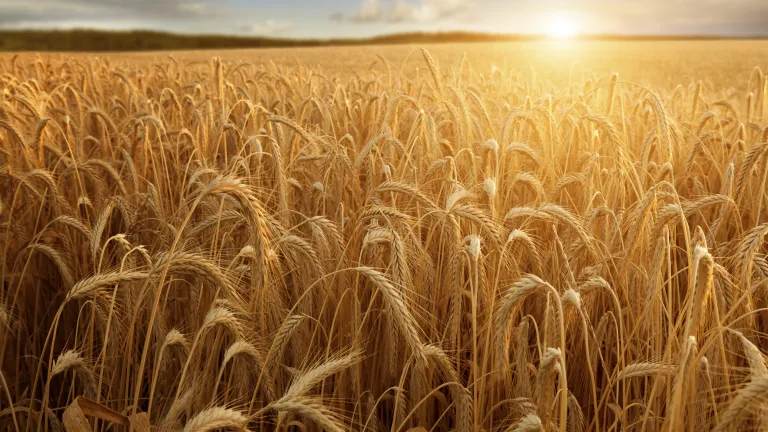The 'Feasts of the Lord' in the Book of Acts

Regarding the feasts of the Lord, it is very instructive to study the history of the first 30 years of the Christian Church recorded in Scripture. What Holy Days did they keep? It's surprising how many of "the feasts of the Lord" are found in the book of Acts.
Regarding the feasts of the Lord, it is very instructive to study the history of the first 30 years of the Christian Church recorded in Scripture. What Holy Days did they keep? It's surprising how many of "the feasts of the Lord" are found in the book of Acts.
The first mention of God's feasts in the book of Acts is found in Acts 2:1: "When the Day of Pentecost had fully come, they were all with one accord in one place." This day of Pentecost is one of God's feasts found in Scripture.
Then in Acts 12, two of "the feasts of the Lord" are mentioned—the Passover and the Days of Unleavened Bread (Acts 12:3-4). Peter was miraculously freed from his chains at that time, and the Church rejoiced over this liberation. Many would have remembered that during this day, the Israelites were also freed from their Egyptian bondage.
Later Luke, in describing his travels with Paul, mentions sailing after the Days of Unleavened Bread were over, showing they had stayed to observe them in Philippi before continuing their trip (Acts 20:6).
Moreover, Luke records Paul "hurrying to be at Jerusalem, if possible, on the Day of Pentecost" (Acts 20:16). If these feasts were only for the Jews and abolished for Christians, they certainly would not have been mentioned as important for Paul and his party.
Finally, we see Luke mentioning another feast, the Day of Atonement, in their travels: "Now when much time had been spent, and sailing was now dangerous because the Fast was already over ..." (Acts 27:9). "The Fast" is referring to the Day of Atonement, the only day in Scripture commanded by God to be observed with a fast (Leviticus 23:27).
So we find not an inkling in the book of Acts—a chronicle of the first 30 years of Church history—that the feast days had been changed or abolished, or other days substituted in their place. Rather, they assumed a much greater meaning to the Christian community. The Encyclopaedia Britannica confirms this, stating that "the first Christians ... continued to observe the Jewish festivals, though in a new spirit, as commemorations of events which those festivals had foreshadowed" (11th edition, vol. 8, p. 828).






